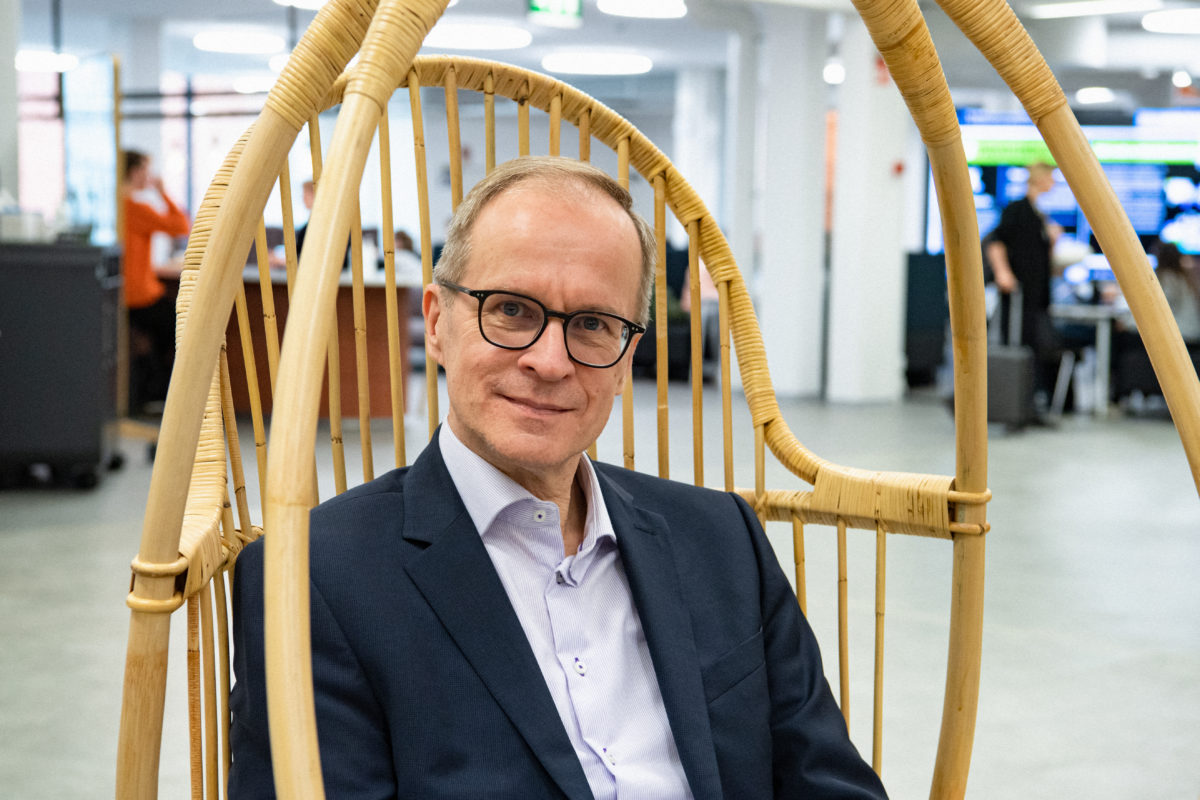In Finland, 60% of Master’s degree graduates, and 52% of PhD graduates, are women.
Some say that universities are becoming women-dominated, but that is true only in part: there are major differences between different fields, with some of them being strongly gendered even today. In educational sciences, for example, more than 80% of students are women, while in computer science and technology, women account for less than 30%.
Although the majority of Master’s and PhD graduates are women, their road gets rockier from there on. In Finnish universities, 51% of postdocs are women, while the percentage for professors is just 33%. When looking at women in academic leadership, there is a further decrease in their proportion.
It seems that in academia, many obstacles still stand in the way of women’s success.
At the University of Eastern Finland, we address this problem in our gender equality and equal opportunities plan. We’ve set strengthening the diversity of our staff and students, and promoting gender equality and equal opportunities, as our strategic objectives. Diverse backgrounds and various ways of thinking among the academic community bring different perspectives to the university’s activities.
Promoting the academic success of women calls for particular attention to recruitment and career paths.
Fair recruitment practices include the objective of promoting diversity in appointments. Equal support for the academic career is a prerequisite for ensuring that a growing number of women can become professors and academic leaders in the future.
An academic community characterised by equality will consider the various needs and individual differences of its staff. This can involve flexibility in work-life balance and making sure that starting a family doesn’t stand in the way of climbing the academic ladder. For example, it may be important for visiting researchers to bring their family along when staying abroad for research. It is also vital that taking a family leave will not have a negative impact on the career – be it about its continuity, funding or salary development.
Being a family-friendly employer is an important act of equality and a concrete way to promote women’s academic careers.
Tapio Määttä, Academic Rector, University of Eastern Finland










